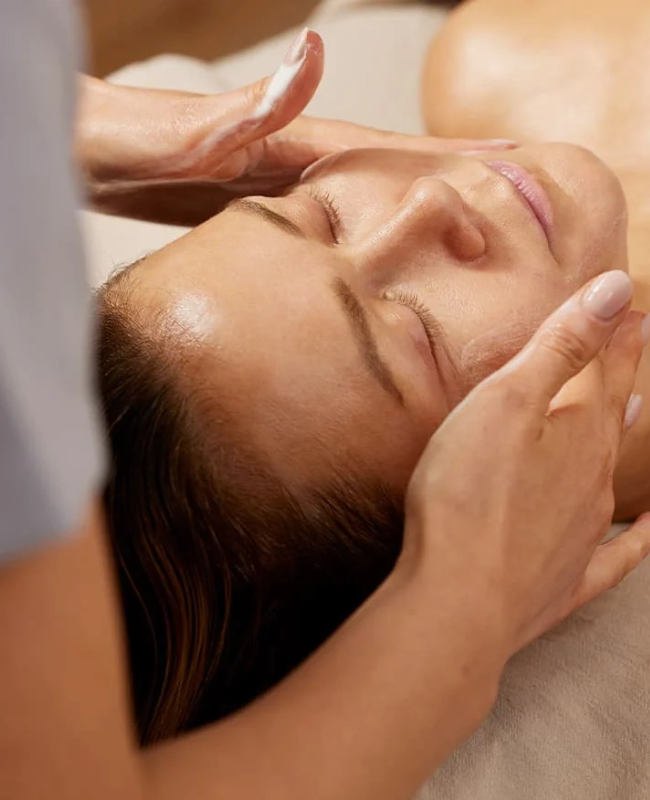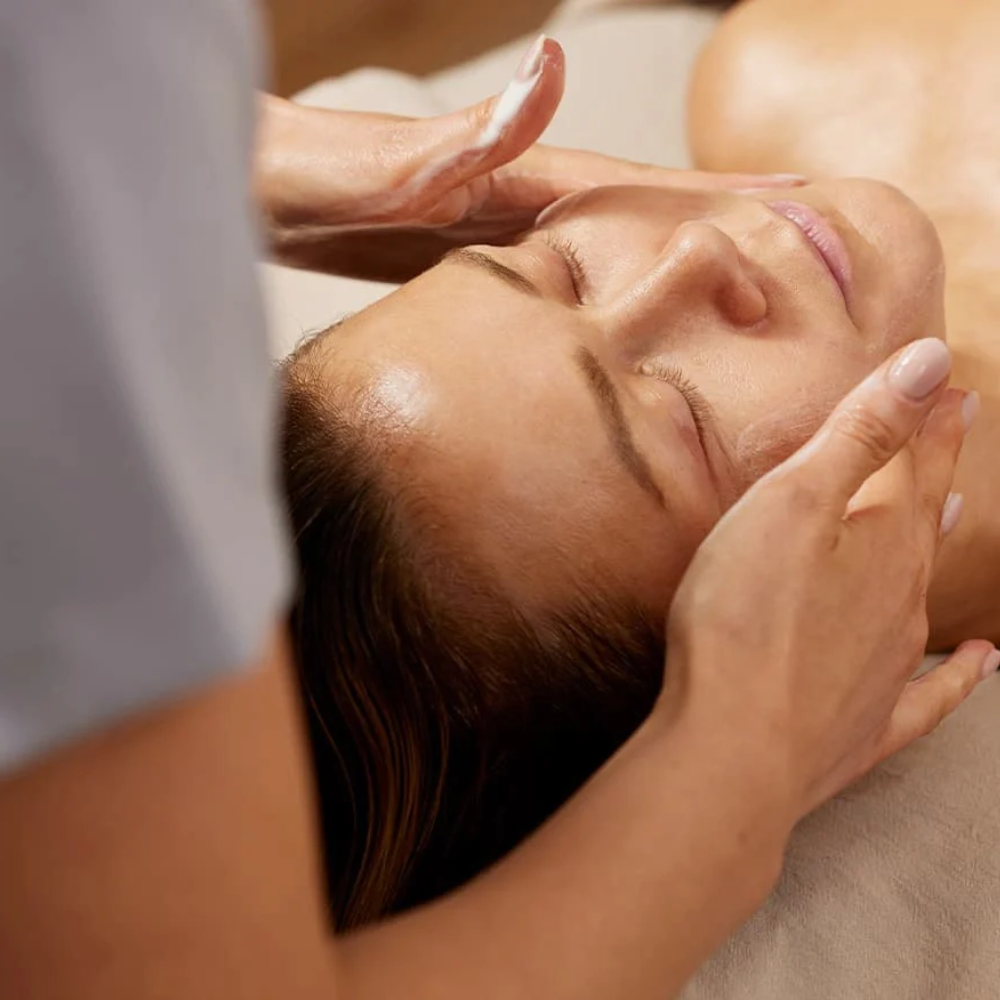Exfoliation: What, Why and When?
Our skin is designed to exfoliate naturally. In fact, we create a whole new skin surface every 30 days as healthy young adults. However, as we age, this process slows down. So, let's get beneath the surface and understand the importance of exfoliation in our skincare routine.
.webp?v=1675904574728)
What is exfoliation?
Exfoliation including face skin exfoliation and body exfoliation is the removal of dead surface skin cells that cling to the skin’s outermost surface and become trapped in the pores. As we age, the natural process of exfoliation slows, and we end up with a rough, uneven, and dull skin surface. This is where exfoliation comes into your skincare routine.
Younger acne sufferers – or those with conditions such as eczema or psoriasis – have the opposite problem. They have an overproduction of new skin cells. With acne sufferers, excess surface cells are trapped in the pores along with excess oil and bacteria which can contribute to the formation of blackheads, whiteheads, and inflamed lesions.
Why exfoliate?
If our natural processes of exfoliation are disrupted, we need to rely on additional external exfoliation methods to improve the condition of our skin. It’s important to remove dead surface skin to encourage new cell production, as this sends a message to the cells deeper down to reproduce fresh new cells. Exfoliation also removes pigmented, sun-damaged skin cells, helps to unclog pores, and clarifies skin with acne.
.webp?v=1675904638315)

What exfoliants can be used in my skin routine?
Your skin concerns will determine the best type of exfoliant for your skin. There are 4 broad types:
1. Chemical Exfoliants
All skin concerns excluding sensitive or sensitised skin will benefit from this form of exfoliation. Chemical exfoliants usually come as a serum and help remove dead surface cells and improve natural moisture levels, and beta hydroxy acids (BHAs such as salicylic acid) to help unclog pores and reduce inflammation. Some will also remove surface UV damage and uneven skin tone whilst reducing fine lines and increasing hydration.
2. Resurfacing Enzymes
For those who suffer from rosacea and eczema, an acid-free exfoliant is ideal. Synergie Skin’s Luciderm is a face exfoliator for sensitive skin that utilizes resurfacing enzymes to exfoliate dead surface cells to eliminate rough, flaking skin. This form gently breaks the protein bonds between the skin's surface cells to accelerate the cell shedding process, which generates a luminous, more even skin tone and texture.
3. Physical Exfoliants
Physical exfoliants are scrubbing agents that physically remove the surface dead cells. There are many materials used for physical exfoliation, including botanical husks, coffee grinds, sugar, and salt. One of our favorite physical scrub agents is aluminium oxide (corundum) crystals - the same material used in microdermabrasion machines – which effectively remove surface roughness, blackheads, and dead skin build-up; particularly around the T-zone. This form of exfoliation is not recommended for broken or sensitive skin.
4. Microfoliation
‘Micro’ (meaning microscopic) and ‘foliation’ (referring to exfoliation) is the process of using finely ground particles to gently remove the loose surface cells, rather than using more deeply exfoliating ingredients. Using microfine botanical particles, such as rice bran powder, is considered more than cleansing but not as intense as exfoliating. Rice bran powder also possess numerous additional cosmeceutical skin benefits for anti-aging and brightening uneven skin tone.
5. In-Clinic Professional Chemical Peels
Chemical peels are a popular and effective form of exfoliation and are considered a professional treatment. This method provides a higher level of exfoliation and should be performed by an experienced skin therapist. You should always consult your skin therapist and do not undergo peels excessively as this will ultimately thin and age the skin. A good therapist will always tailor a personalized treatment schedule for you.
Bonus: My at-home MiniPeel
For those with robust skin, if you would like to indulge in a home MiniPeel for supercharged overnight exfoliation, mix Synergie Skin's ReVeal. Thoroughly cleanse the face, apply ReVeal, and leave overnight. This MiniPeel is not suitable for sensitive skin. Do not use retinoids or vitamin B in the same evening as this treatment, as the acidity of the MiniPeel is not compatible with vitamin A and B serums.




